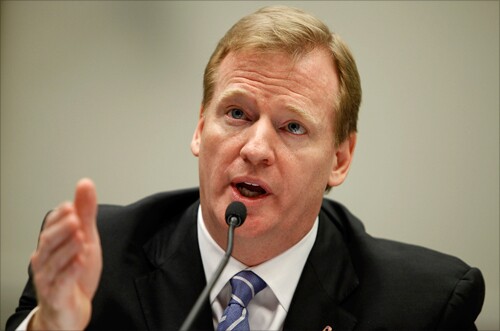

On the soundness of alternative lenders' growth strategies:
Related Article:

On an inspector general finding that the Federal Deposit Insurance Corp. engaged in "abusive" behavior in efforts to shut down tax refund anticipation loan businesses:
Related Article:

In response to analysis on whether consumers will pay for faster payments:
Related Article:

On whether the blockchain could replace banking networks such as Swift:
Related Article:

A retort to an op-ed highlighting growing risks of the shadow banking sector:
Related Article:

In agreement with the argument that bank regulations ignite unintended consequences:
Related Article:

On the regulatory imbalance between banks and shadow banks:
Related Article:





